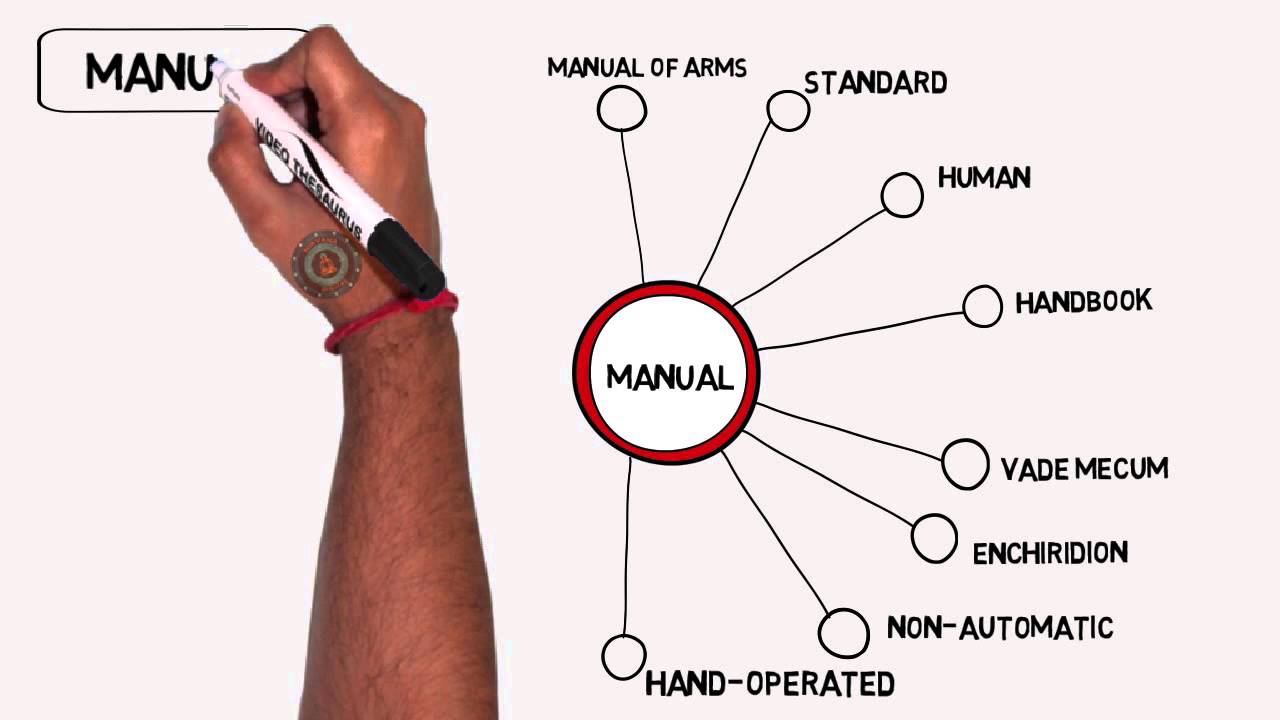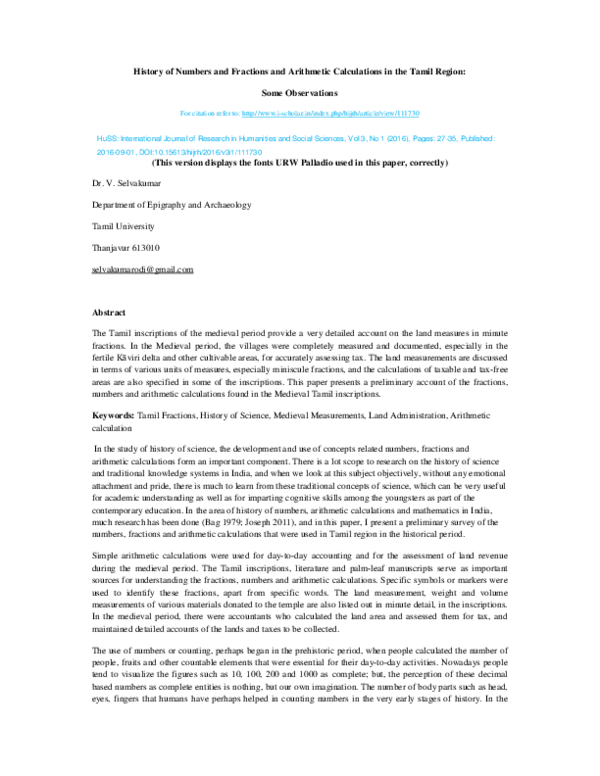
CAR REGISTRATION AND NUMBER PLATES 1903 to 2003 The Universal History of Numbers: From Prehistory to the Invention of the Computer [Georges Ifrah, David Bello] on Amazon.com. *FREE* shipping on qualifying offers. A riveting history of counting and calculating from the time of the cave dwellers to the late twentieth century
An Historical Survey of Number Systems
What is the origin of numbers? Quora. using the fictional number p 1 with great success, so much so that they eventually admitted such ’imaginary’ number into their world. A good claim can be made that this was the most inventive step taken in the history of mankind. It opened entirely new doors in mathematics and in the 20th century, 30/11/2016 · The Universal History Of Numbers. Topics Universal, History, Numbers Collection opensource Language English. UniversalHistoryOfNumbers Identifier TheUniversalHistoryOfNumbers Identifier-ark PDF download. download 1 file . PDF WITH TEXT download. download 1 file.
09/10/2000 · A UNIVERSAL HISTORY OF NUMBERS: From Prehistory to the Invention of the Computer User Review - Kirkus. Ifrah's monumental follow-up to From One to Zero (1993) goes from one to (almost) infinity as he meticulously reviews the numbers and reckoning systems … unequal) numbers, and bis greater than the one and less than the other, we shall, without hesitation because of the suggestion of geometric ideas, express this briefly by saying: blies between the two numbers a, c. ii. If a, care two different numbers, there are infinitely many different numbers …
07/10/2015В В· The numbers that are used worldwide nowadays are basically Arabic numbers. They were actually developed by Arabic Muslim scientists who revised the Indian version of numbers that contains only nine numbers. That took place during the 8th century (... There are no indications of negative numbers in their work. [K, 50], [S, 257] Fourth Century B.C.E., Greece : Aristotle made the distinction between number (i.e., natural numbers) and magnitude ("that which is divisible into divisibles that are infinitely divisible"), but gave no indications of the concept of negative number or magnitude.
10/01/2018 · A Brief History of Numbers is a phenomenal book. It covers a lot of material in a easily accessible way. I’ve often read about early numbers and systems for counting. This covers the basic materials you’d expect from a history of numbers book. This book does more than just cover the history of numbers. HISTORY OF UK CAR REGISTRATION The UK car registration system traces back to 1903. The Motor Car act which came into force on January 1st, 1904 required all vehicles in the United Kingdom to be registered and carry number plates.
a brief history of mathematics 23 tells of an African tribe called the Hottentot who do not have names for numbers beyond three. The Hottentot count: one, two, three, many.4 In Graham Flegg’s book, Numbers: Their History and Meaning, there is the example of another African tribe called the Damara of Namibia who cannot count beyond two. 2 The Magic of Complex Numbers 1.1 History of Complex Numbers Perhaps the earliest reference to square roots of negative numbers occurred in the work of Heron of Alexandria3, around 60 AD, who encountered them while calculating volumes of geometric bodies.
16/04/2012 · Take Home Messages• The number system we have today have come through a long route, and mostly from some far away lands, outside of Europe.• They came about because human beings wanted to solve problems and created numbers to solve these problems.• Numbers belong to human culture, and not nature, and therefore have their own long history. A Brief History of Numbers Leo Corry. A comprehensive yet succinct look at the development of conceptions of number from ancient Greece to the beginning of the twentieth century; The history of mathematics has been a very active and changing field of research over the last 25 years
Numbers are fascinating. So is history. History of numbers, then, must be bewitching. So I thought before I read this work. I was wrong. The book has been terribly written. It reads more like a research paper than a book. Ifrah has done a terrific job researching this book. However, it seems that he Historical Counting Systems Introduction and Basic Number and Counting Systems Introduction As we begin our journey through the history of mathematics, one question to be asked is “Where do we start?” Depending on how you view mathematics or numbers, you could choose any of a number of launching points from which to begin.
(prime and composite numbers, irrationals), method of exhaustion (calculus!), Euclid’s Algorithm for finding greatest common divisor, proof that there are infinitely many prime numbers… A Short History of Complex Numbers Orlando Merino University of Rhode Island January, 2006 Abstract This is a compilation of historical information from various sources, about the number i = √ −1. The information has been put together for students of Complex Analysis who
A Brief History of Numbers Leo Corry. A comprehensive yet succinct look at the development of conceptions of number from ancient Greece to the beginning of the twentieth century; The history of mathematics has been a very active and changing field of research over the last 25 years In mathematics, the notion of number has been extended over the centuries to include 0, negative numbers, rational numbers such as 1 / 2 and в€’ 2 / 3, real numbers such as в€љ 2 and ПЂ, and complex numbers, which extend the real numbers with a square root of в€’1 (and its combinations with real numbers by addition and multiplication).
Buy The Universal History of Numbers III: The Computer and the Information Revolution Reprint by Georges Ifrah, Ted Harding (ISBN: 9781860467387) from Amazon's Book Store. Everyday low prices and free delivery on eligible orders. 2 The Magic of Complex Numbers 1.1 History of Complex Numbers Perhaps the earliest reference to square roots of negative numbers occurred in the work of Heron of Alexandria3, around 60 AD, who encountered them while calculating volumes of geometric bodies.
Numbers are fascinating. So is history. History of numbers, then, must be bewitching. So I thought before I read this work. I was wrong. The book has been terribly written. It reads more like a research paper than a book. Ifrah has done a terrific job researching this book. However, it seems that he History of Numbers — Decimal Number System — Binary Numbers — Scientists, Religionists and Philosophers Search for Truth [CONTINUED FROM PART ONE] Part Two continues with the spread and acceptance of the decimal number system in the Arabic countries and later Europe.
History of the Portable Document Format (PDF) Wikipedia
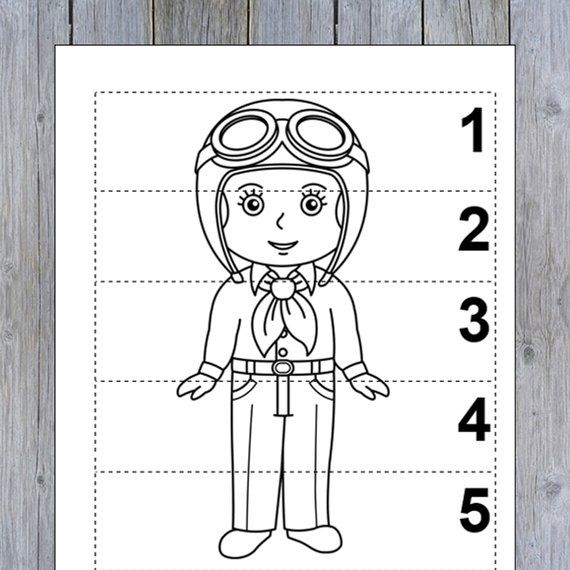
Historical Counting Systems OpenTextBookStore. A Short History of Complex Numbers Orlando Merino University of Rhode Island January, 2006 Abstract This is a compilation of historical information from various sources, about the number i = √ −1. The information has been put together for students of Complex Analysis who, PDF documents conforming to ISO 32000-2 carry the PDF version number 2.0, and are known to developers as "PDF 2.0 documents". ISO 32000-1:2008 (PDF 1.7) [ edit ] The final revised documentation for PDF 1.7 was approved by ISO Technical Committee 171 in January 2008 and published as ISO 32000-1:2008 on July 1, 2008 and titled Document management – Portable document format – Part 1: PDF ….
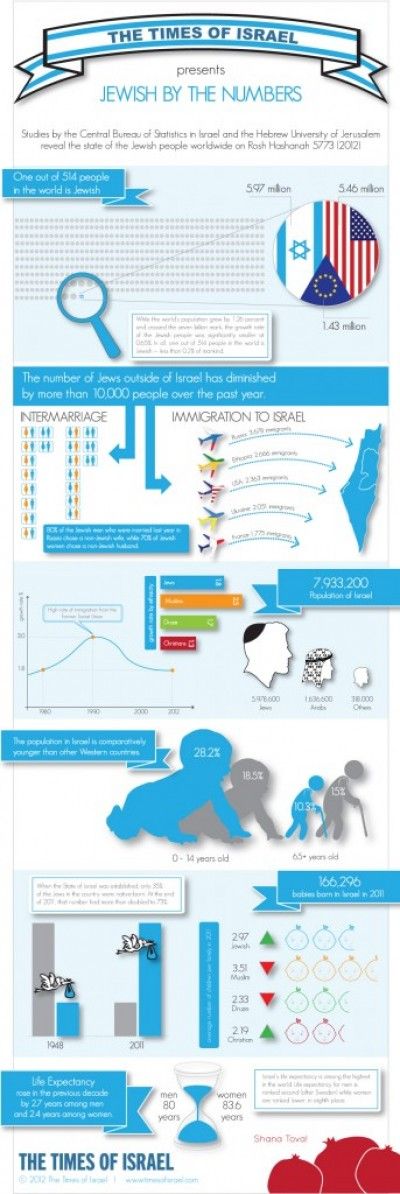
The number e www-history.mcs.st-and.ac.uk

History of the numbers gang The Numbers Gang. There are no indications of negative numbers in their work. [K, 50], [S, 257] Fourth Century B.C.E., Greece : Aristotle made the distinction between number (i.e., natural numbers) and magnitude ("that which is divisible into divisibles that are infinitely divisible"), but gave no indications of the concept of negative number or magnitude. https://en.wikipedia.org/wiki/Natural_number 03/11/2008В В· Search the history of over 387 billion web pages on the Internet. History of the theory of numbers by Dickson, Leonard E. (Leonard Eugene), 1874-Publication date 1919 Topics PDF download. download 1 file.
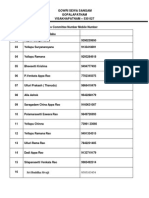
a brief history of mathematics 23 tells of an African tribe called the Hottentot who do not have names for numbers beyond three. The Hottentot count: one, two, three, many.4 In Graham Flegg’s book, Numbers: Their History and Meaning, there is the example of another African tribe called the Damara of Namibia who cannot count beyond two. When mathematicians talk about rational numbers, they mean posi tive and negative whole numbers (which can be represented as ratios, e.g., 2 = 2/1 = 6/3, etc.), zero, and common fractions. The positive and negative whole numbers and zero are also called integers, therefore the class of rational numbers contains the class of integers.
History of Numbers — Decimal Number System — Binary Numbers — Scientists, Religionists and Philosophers Search for Truth Numbers and counting have become an integral part of our everyday life, especially when we take into account the modern computer.These words you are reading have been recorded on a computer using a code of ones and zeros. using the fictional number p 1 with great success, so much so that they eventually admitted such ’imaginary’ number into their world. A good claim can be made that this was the most inventive step taken in the history of mankind. It opened entirely new doors in mathematics and in the 20th century
If we look back in history at ancient mankind, no matter which culture we observe the number three has always been present, and of extreme importance. What is it about the number three that makes it so important that it is present in religion, architecture, mathematics and many other parts of humanity. History of numbers synonyms, History of numbers pronunciation, History of numbers translation, English dictionary definition of History of numbers. n. One of the set of positive whole numbers; a positive integer. n any of the numbers 0,1,2,3,4,… that can be used to count the members of a set; the...
16/04/2012 · Take Home Messages• The number system we have today have come through a long route, and mostly from some far away lands, outside of Europe.• They came about because human beings wanted to solve problems and created numbers to solve these problems.• Numbers belong to human culture, and not nature, and therefore have their own long history. PDF documents conforming to ISO 32000-2 carry the PDF version number 2.0, and are known to developers as "PDF 2.0 documents". ISO 32000-1:2008 (PDF 1.7) [ edit ] The final revised documentation for PDF 1.7 was approved by ISO Technical Committee 171 in January 2008 and published as ISO 32000-1:2008 on July 1, 2008 and titled Document management – Portable document format – Part 1: PDF …
Numbers gets its name from the two censuses recorded in chapters 1 and 26. C. H. Mackintosh called it “a divine history of the wanderings of the Israelites in the wilderness for about 38 years and 10 months, commencing with the first movement a brief history of mathematics 23 tells of an African tribe called the Hottentot who do not have names for numbers beyond three. The Hottentot count: one, two, three, many.4 In Graham Flegg’s book, Numbers: Their History and Meaning, there is the example of another African tribe called the Damara of Namibia who cannot count beyond two.
An Historical Survey of Number Systems Nikolai Weibull 1. Introduction In a narrow, yet highly unspecific, sense, a number system is a way in which humans represent numbers. We have limited our discussion already, for it is merely humans among all known species who have the What are numbers, and what is their meaning?: Dedekind RichardDedekind(1831{1916) 1872-Continuityandirrationalnumbers rephrased as a theorem about the natural numbers2 and that indeed he had heard the great Dirichlet make this remark repeatedly (Stetigkeit, p. 338). Dedekind now proceeds to give a rigorous treatment of the natural
a brief history of mathematics 23 tells of an African tribe called the Hottentot who do not have names for numbers beyond three. The Hottentot count: one, two, three, many.4 In Graham Flegg’s book, Numbers: Their History and Meaning, there is the example of another African tribe called the Damara of Namibia who cannot count beyond two. History of Complex Numbers (also known as History of Imaginary Numbers or the History of i) For school, I had to do a paper on the History of i (and the history of complex numbers in general). Finding this a tedious task, and scrolling through many useless sights, I wished that there were just one sight that had everything I needed on it.
There are no indications of negative numbers in their work. [K, 50], [S, 257] Fourth Century B.C.E., Greece : Aristotle made the distinction between number (i.e., natural numbers) and magnitude ("that which is divisible into divisibles that are infinitely divisible"), but gave no indications of the concept of negative number or magnitude. Buy The Universal History of Numbers III: The Computer and the Information Revolution Reprint by Georges Ifrah, Ted Harding (ISBN: 9781860467387) from Amazon's Book Store. Everyday low prices and free delivery on eligible orders.
When mathematicians talk about rational numbers, they mean posi tive and negative whole numbers (which can be represented as ratios, e.g., 2 = 2/1 = 6/3, etc.), zero, and common fractions. The positive and negative whole numbers and zero are also called integers, therefore the class of rational numbers contains the class of integers. History of Numbers — Decimal Number System — Binary Numbers — Scientists, Religionists and Philosophers Search for Truth Numbers and counting have become an integral part of our everyday life, especially when we take into account the modern computer.These words you are reading have been recorded on a computer using a code of ones and zeros.
09/10/2000 · A UNIVERSAL HISTORY OF NUMBERS: From Prehistory to the Invention of the Computer User Review - Kirkus. Ifrah's monumental follow-up to From One to Zero (1993) goes from one to (almost) infinity as he meticulously reviews the numbers and reckoning systems … The fascinating history of modern numbers. 0 . 0 . 6 . 0 . 96k Many people have often wondered why numbers look the way they do. Perhaps you thought about it yourself when you got bored sitting there in math class. So to help you finally discover the answer, we prepared this for you. As they say, you learn something new everyday!
PDF documents conforming to ISO 32000-2 carry the PDF version number 2.0, and are known to developers as "PDF 2.0 documents". ISO 32000-1:2008 (PDF 1.7) [ edit ] The final revised documentation for PDF 1.7 was approved by ISO Technical Committee 171 in January 2008 and published as ISO 32000-1:2008 on July 1, 2008 and titled Document management – Portable document format – Part 1: PDF … Historical Counting Systems Introduction and Basic Number and Counting Systems Introduction As we begin our journey through the history of mathematics, one question to be asked is “Where do we start?” Depending on how you view mathematics or numbers, you could choose any of a number of launching points from which to begin.
The Book of Numbers Kukis
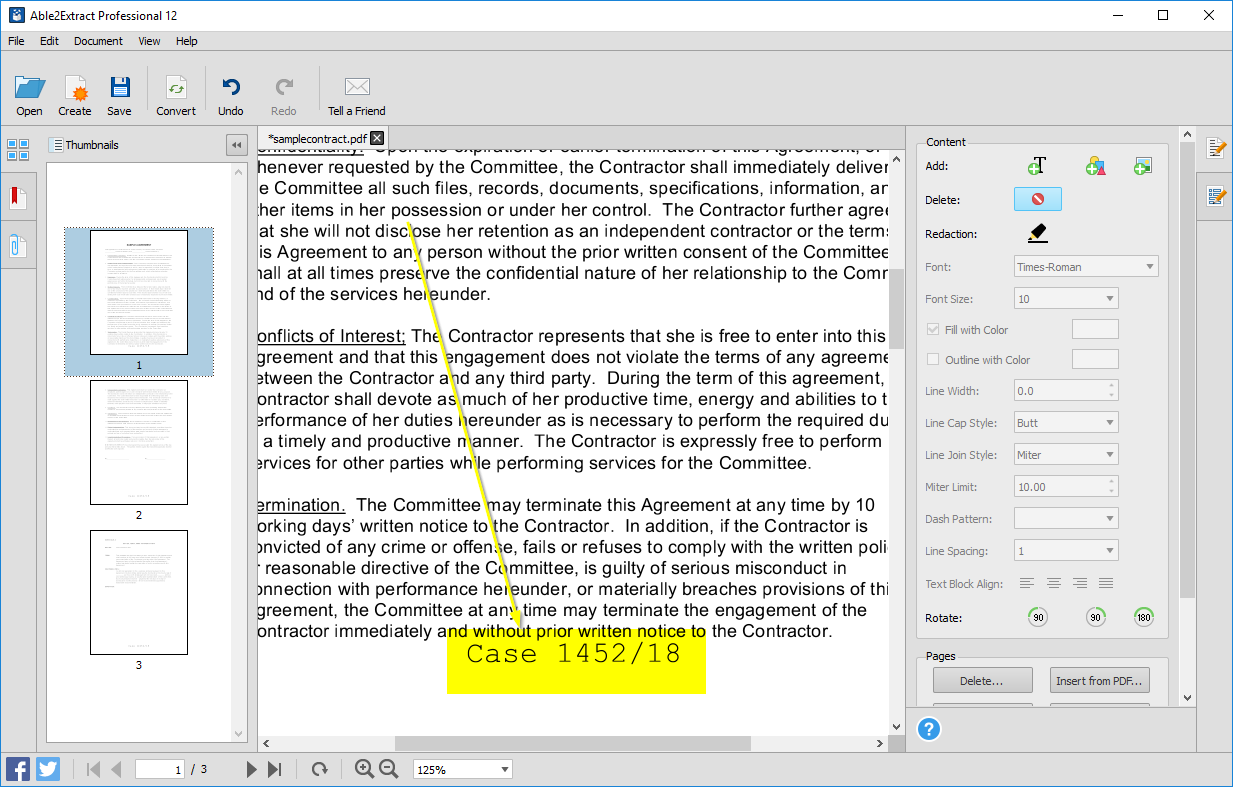
Encyclopedia of Sacred Theology Its Principles. 17/11/2016 · “History by Numbers is a perfect introduction to those unfamiliar with, or uncertain about, quantitative approaches to the study of the past. Written in an accessible and engaging style, even those who lack confidence with numbers, graphs and statistics will find themselves enlightened as the authors carefully guide them through a variety of quantitative historical methodologies, describe, unequal) numbers, and bis greater than the one and less than the other, we shall, without hesitation because of the suggestion of geometric ideas, express this briefly by saying: blies between the two numbers a, c. ii. If a, care two different numbers, there are infinitely many different numbers ….
A Brief History of Numbers Mathematical Association of
What is the origin of numbers? Quora. using the fictional number p 1 with great success, so much so that they eventually admitted such ’imaginary’ number into their world. A good claim can be made that this was the most inventive step taken in the history of mankind. It opened entirely new doors in mathematics and in the 20th century, The Book of Numbers (from Greek Ἀριθμοί, Arithmoi; Hebrew: בְּמִדְבַּר, Bəmiḏbar, "In the desert [of]") is the fourth book of the Hebrew Bible, and the fourth of five books of the Jewish Torah. The book has a long and complex history, but its final form is probably due to a Priestly redaction (i.e., editing) of a Yahwistic source made some time in the early Persian period.
using the fictional number p 1 with great success, so much so that they eventually admitted such ’imaginary’ number into their world. A good claim can be made that this was the most inventive step taken in the history of mankind. It opened entirely new doors in mathematics and in the 20th century 09/10/2000 · A UNIVERSAL HISTORY OF NUMBERS: From Prehistory to the Invention of the Computer User Review - Kirkus. Ifrah's monumental follow-up to From One to Zero (1993) goes from one to (almost) infinity as he meticulously reviews the numbers and reckoning systems …
The Integers include zero, the counting numbers, and the negative of the counting numbers, to make a list of numbers that stretch in either direction indefinitely. Fractions If you have one orange and want to share it with someone, you need to cut it in half. There are no indications of negative numbers in their work. [K, 50], [S, 257] Fourth Century B.C.E., Greece : Aristotle made the distinction between number (i.e., natural numbers) and magnitude ("that which is divisible into divisibles that are infinitely divisible"), but gave no indications of the concept of negative number or magnitude.
using the fictional number p 1 with great success, so much so that they eventually admitted such ’imaginary’ number into their world. A good claim can be made that this was the most inventive step taken in the history of mankind. It opened entirely new doors in mathematics and in the 20th century 16/04/2012 · Take Home Messages• The number system we have today have come through a long route, and mostly from some far away lands, outside of Europe.• They came about because human beings wanted to solve problems and created numbers to solve these problems.• Numbers belong to human culture, and not nature, and therefore have their own long history.
Buy The Universal History of Numbers III: The Computer and the Information Revolution Reprint by Georges Ifrah, Ted Harding (ISBN: 9781860467387) from Amazon's Book Store. Everyday low prices and free delivery on eligible orders. What are numbers, and what is their meaning?: Dedekind RichardDedekind(1831{1916) 1872-Continuityandirrationalnumbers rephrased as a theorem about the natural numbers2 and that indeed he had heard the great Dirichlet make this remark repeatedly (Stetigkeit, p. 338). Dedekind now proceeds to give a rigorous treatment of the natural
Buy The Universal History of Numbers III: The Computer and the Information Revolution Reprint by Georges Ifrah, Ted Harding (ISBN: 9781860467387) from Amazon's Book Store. Everyday low prices and free delivery on eligible orders. 13/04/2009В В· Nice slide,but i have a question if they tell 1 because it has 0ne angle k logic is there.. it will be a straight line,other than that we can't draw a shape,so one angle so is called 1,offcourse we can draw the same in horizontal and different manners , but anyway it looks similar.
A Short History of Complex Numbers Orlando Merino University of Rhode Island January, 2006 Abstract This is a compilation of historical information from various sources, about the number i = в€љ в€’1. The information has been put together for students of Complex Analysis who The Universal History of Numbers: From Prehistory to the Invention of the Computer [Georges Ifrah, David Bello] on Amazon.com. *FREE* shipping on qualifying offers. A riveting history of counting and calculating from the time of the cave dwellers to the late twentieth century
2 The Magic of Complex Numbers 1.1 History of Complex Numbers Perhaps the earliest reference to square roots of negative numbers occurred in the work of Heron of Alexandria3, around 60 AD, who encountered them while calculating volumes of geometric bodies. using the fictional number p 1 with great success, so much so that they eventually admitted such ’imaginary’ number into their world. A good claim can be made that this was the most inventive step taken in the history of mankind. It opened entirely new doors in mathematics and in the 20th century
PDF documents conforming to ISO 32000-2 carry the PDF version number 2.0, and are known to developers as "PDF 2.0 documents". ISO 32000-1:2008 (PDF 1.7) [ edit ] The final revised documentation for PDF 1.7 was approved by ISO Technical Committee 171 in January 2008 and published as ISO 32000-1:2008 on July 1, 2008 and titled Document management – Portable document format – Part 1: PDF … 03/11/2008 · Search the history of over 387 billion web pages on the Internet. History of the theory of numbers by Dickson, Leonard E. (Leonard Eugene), 1874-Publication date 1919 Topics PDF download. download 1 file
In mathematics, the notion of number has been extended over the centuries to include 0, negative numbers, rational numbers such as 1 / 2 and в€’ 2 / 3, real numbers such as в€љ 2 and ПЂ, and complex numbers, which extend the real numbers with a square root of в€’1 (and its combinations with real numbers by addition and multiplication). When mathematicians talk about rational numbers, they mean posiВ tive and negative whole numbers (which can be represented as ratios, e.g., 2 = 2/1 = 6/3, etc.), zero, and common fractions. The positive and negative whole numbers and zero are also called integers, therefore the class of rational numbers contains the class of integers.
An Historical Survey of Number Systems Nikolai Weibull 1. Introduction In a narrow, yet highly unspecific, sense, a number system is a way in which humans represent numbers. We have limited our discussion already, for it is merely humans among all known species who have the PDF This paper examines the contribution of history to the understanding of tourism. History and tourism. Article (PDF Available) the number of noble families, as an instrument for the
A Brief History of Numbers Leo Corry. A comprehensive yet succinct look at the development of conceptions of number from ancient Greece to the beginning of the twentieth century; The history of mathematics has been a very active and changing field of research over the last 25 years Numbers are fascinating. So is history. History of numbers, then, must be bewitching. So I thought before I read this work. I was wrong. The book has been terribly written. It reads more like a research paper than a book. Ifrah has done a terrific job researching this book. However, it seems that he
History by Numbers An Introduction to Quantitative
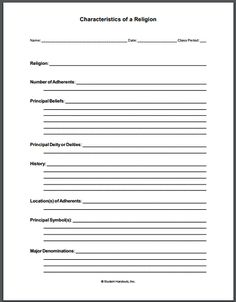
History of Negative Numbers Stanford University. 13/04/2009 · Nice slide,but i have a question if they tell 1 because it has 0ne angle k logic is there.. it will be a straight line,other than that we can't draw a shape,so one angle so is called 1,offcourse we can draw the same in horizontal and different manners , but anyway it looks similar., unequal) numbers, and bis greater than the one and less than the other, we shall, without hesitation because of the suggestion of geometric ideas, express this briefly by saying: blies between the two numbers a, c. ii. If a, care two different numbers, there are infinitely many different numbers ….
What are numbers and what is their meaning? Dedekind. 09/10/2000 · A UNIVERSAL HISTORY OF NUMBERS: From Prehistory to the Invention of the Computer User Review - Kirkus. Ifrah's monumental follow-up to From One to Zero (1993) goes from one to (almost) infinity as he meticulously reviews the numbers and reckoning systems …, a brief history of mathematics 23 tells of an African tribe called the Hottentot who do not have names for numbers beyond three. The Hottentot count: one, two, three, many.4 In Graham Flegg’s book, Numbers: Their History and Meaning, there is the example of another African tribe called the Damara of Namibia who cannot count beyond two..
What are numbers and what is their meaning? Dedekind

History of the numbers gang The Numbers Gang. using the fictional number p 1 with great success, so much so that they eventually admitted such ’imaginary’ number into their world. A good claim can be made that this was the most inventive step taken in the history of mankind. It opened entirely new doors in mathematics and in the 20th century https://en.wikipedia.org/wiki/L-number The Book of Numbers (from Greek Ἀριθμοί, Arithmoi; Hebrew: בְּמִדְבַּר, Bəmiḏbar, "In the desert [of]") is the fourth book of the Hebrew Bible, and the fourth of five books of the Jewish Torah. The book has a long and complex history, but its final form is probably due to a Priestly redaction (i.e., editing) of a Yahwistic source made some time in the early Persian period.
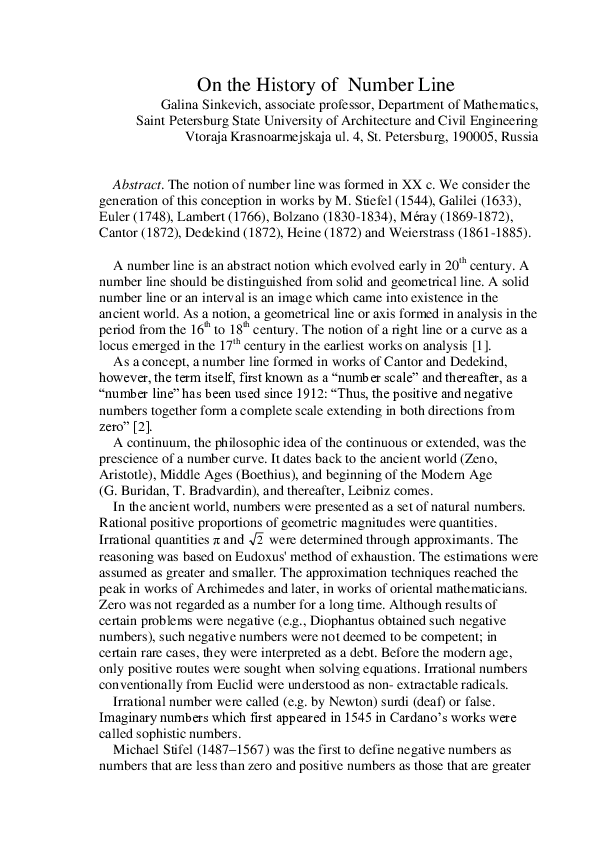
If we look back in history at ancient mankind, no matter which culture we observe the number three has always been present, and of extreme importance. What is it about the number three that makes it so important that it is present in religion, architecture, mathematics and many other parts of humanity. unequal) numbers, and bis greater than the one and less than the other, we shall, without hesitation because of the suggestion of geometric ideas, express this briefly by saying: blies between the two numbers a, c. ii. If a, care two different numbers, there are infinitely many different numbers …
The Integers include zero, the counting numbers, and the negative of the counting numbers, to make a list of numbers that stretch in either direction indefinitely. Fractions If you have one orange and want to share it with someone, you need to cut it in half. (prime and composite numbers, irrationals), method of exhaustion (calculus!), Euclid’s Algorithm for finding greatest common divisor, proof that there are infinitely many prime numbers…
PDF This paper examines the contribution of history to the understanding of tourism. History and tourism. Article (PDF Available) the number of noble families, as an instrument for the A Brief History of Numbers - Preface (Not for Quotation) Mathematics and history, history and mathematics. One can hardly think of two fields of knowledge that are more different—some would say outright opposed— from each other, in both their essence and their practice. At its core,mathematical knowledgedeals with certain, necessary and
Numbers are fascinating. So is history. History of numbers, then, must be bewitching. So I thought before I read this work. I was wrong. The book has been terribly written. It reads more like a research paper than a book. Ifrah has done a terrific job researching this book. However, it seems that he History of Numbers — Decimal Number System — Binary Numbers — Scientists, Religionists and Philosophers Search for Truth [CONTINUED FROM PART ONE] Part Two continues with the spread and acceptance of the decimal number system in the Arabic countries and later Europe.
PDF is a file format, Acrobat is the software to create or process such files. I assume that you are curious whether PDF was a commercial success for Adobe? Since it is impossible to make money off a file format, Adobe has never had any direct revenue from PDF. But the popularity of PDF has enabled them to sell tons of Acrobat licenses. 07/10/2015В В· The numbers that are used worldwide nowadays are basically Arabic numbers. They were actually developed by Arabic Muslim scientists who revised the Indian version of numbers that contains only nine numbers. That took place during the 8th century (...
(prime and composite numbers, irrationals), method of exhaustion (calculus!), Euclid’s Algorithm for finding greatest common divisor, proof that there are infinitely many prime numbers… One of the first articles which we included in the "History Topics" section of our web archive was on the history of π. It is a very popular article and has prompted many to ask for a similar article about the number e.There is a great contrast between the historical developments of these two numbers and in many ways writing a history of e is a much harder task than writing one for π.
20/11/2015 · There are algebraic numbers, with a proof of their countablilty, Kummer’s ideal numbers, and a development of the number system, starting with Peano’s postulates for the positive integers, to integers as pairs of positive numbers, rationals as pairs of integers, reals as Dedekind cuts, and complexes as pairs of reals. The fascinating history of modern numbers. 0 . 0 . 6 . 0 . 96k Many people have often wondered why numbers look the way they do. Perhaps you thought about it yourself when you got bored sitting there in math class. So to help you finally discover the answer, we prepared this for you. As they say, you learn something new everyday!
07/10/2015 · The numbers that are used worldwide nowadays are basically Arabic numbers. They were actually developed by Arabic Muslim scientists who revised the Indian version of numbers that contains only nine numbers. That took place during the 8th century (... using the fictional number p 1 with great success, so much so that they eventually admitted such ’imaginary’ number into their world. A good claim can be made that this was the most inventive step taken in the history of mankind. It opened entirely new doors in mathematics and in the 20th century
One of the first articles which we included in the "History Topics" section of our web archive was on the history of ПЂ. It is a very popular article and has prompted many to ask for a similar article about the number e.There is a great contrast between the historical developments of these two numbers and in many ways writing a history of e is a much harder task than writing one for ПЂ. 13/04/2009В В· Nice slide,but i have a question if they tell 1 because it has 0ne angle k logic is there.. it will be a straight line,other than that we can't draw a shape,so one angle so is called 1,offcourse we can draw the same in horizontal and different manners , but anyway it looks similar.
HISTORY OF UK CAR REGISTRATION The UK car registration system traces back to 1903. The Motor Car act which came into force on January 1st, 1904 required all vehicles in the United Kingdom to be registered and carry number plates. encyclopedia of sacred theology its principles by abraham kuyper, d.d. free university, amsterdam translated from the dutch by rev. j. hendrik de vries, m.a. with an introduction by professor benjamin b. warfield, d.d. ll.d. of princeton theological seminary
Numbers gets its name from the two censuses recorded in chapters 1 and 26. C. H. Mackintosh called it “a divine history of the wanderings of the Israelites in the wilderness for about 38 years and 10 months, commencing with the first movement PDF is a file format, Acrobat is the software to create or process such files. I assume that you are curious whether PDF was a commercial success for Adobe? Since it is impossible to make money off a file format, Adobe has never had any direct revenue from PDF. But the popularity of PDF has enabled them to sell tons of Acrobat licenses.
